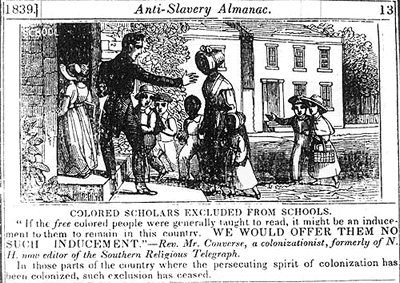 President Donald Trump meets with his cabinet in the Cabinet Room of the White House, Thursday, March 6, 2025. (Official White House Photo by Daniel Torok)
President Donald Trump meets with his cabinet in the Cabinet Room of the White House, Thursday, March 6, 2025. (Official White House Photo by Daniel Torok)
“As I heard it, the president was clear,” someone thought to be deputy White House chief of staff Steven Miller allegedly texted to a Signal chat involving several cabinet members and inadvertently including Jeffrey Goldberg, editor in chief of The Atlantic.
The clarity: US president Donald Trump had supposedly given the “green light” for US military strikes on Yemen, a country upon which Congress has not declared war.
At 11:44 a.m. on March 15, someone purporting to be US Secretary of Defense Pete Hegseth posted a “TEAM UPDATE” to the Signal chat, revealing (Goldberg claims) “operational details of forthcoming strikes on Yemen.” Two hours later, as predicted in the “TEAM UPDATE,” US strikes on Sanaa, Yemen’s capital, began.
Goldberg’s disclosures, after the fact, triggered a combination of “circle the wagons, deny everything” and “condemnation of lax security” responses from within the administration.
Members of Congress are already calling for hearings. Not hearings on the illegal planning and execution of an undeclared war, just hearings on how a journalist got looped into sensitive internal discussions over an application not seemingly approved for use by government actors.
But let’s rewind to something just as important as the illegal US war on Yemen or lax opsec by national security adviser Mike Waltz, defense secretary Pete Hegseth, and other top administration officials: Donald Trump’s responsibility for the whole mess.
Trump and friends are all-in on the “unitary executive” theory, under which the president can do pretty much anything he wants because, per Article II of the US Constitution. “the executive Power shall be vested” in his office.
Over time, presidents have increasingly exploited the “unitary executive” theory to build a more “imperial” presidency. Congress, and (if Trump has his way) the courts find themselves relegated to an advisory capacity, especially but not only on foreign policy. Presidents rule as kings, using executive orders and declarations of emergency to have everything their way.
The theory and its results aren’t Trump’s inventions. He’s just building on past practice. If, as some claim, Trump aims for checkmate and “the end of “American democracy,” the initial pawn to king 4 move was probably Harry Truman’s order for US military intervention in Korea in 1950. Congress quickly backed Truman’s play with funding, letting him get away with war by presidential order rather than congressional declaration … and it’s been a downhill roll ever since.
There’s another side to the “unitary executive” coin, though. If the president’s “executive power” extends so far, so does the president’s responsibility for both the details and the consequences. The Constitution, after all, also charges the president to “take Care that the Laws be faithfully executed.”
Apart from Goldberg, the participants in the alleged Signal chat all seem to have been chosen by Trump — vice-president JD Vance as his running mate, the cabinet secretaries as his nominees.
If they messed up, Trump messed up. And just as he should hold them accountable, Congress should hold him accountable.
But don’t hold your breath waiting for Congress to notice the emperor’s unclothed state.
Thomas L. Knapp (X: @thomaslknapp | Bluesky: @knappster.bsky.social | Mastodon: @knappster) is director and senior news analyst at the William Lloyd Garrison Center for Libertarian Advocacy Journalism (thegarrisoncenter.org). He lives and works in north central Florida.
PUBLICATION/CITATION HISTORY


